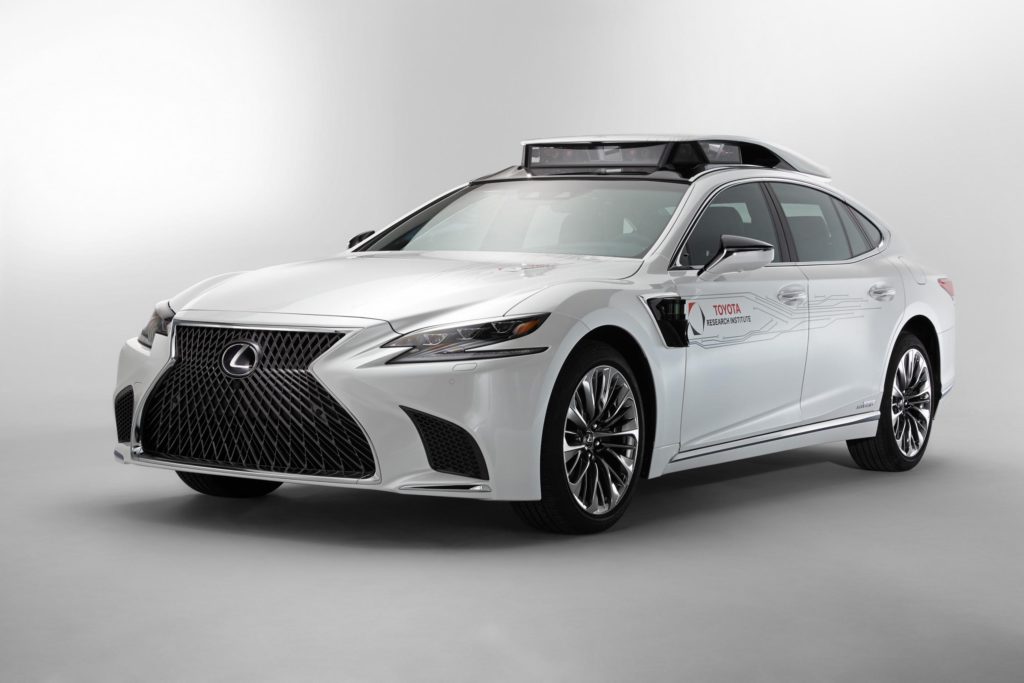Toyota to offer public trials of driverless technology
28 October 2019

28 October 2019
Toyota is to offer public demonstration rides in its level 4 autonomous test vehicles next year with the company gearing up to launch the technology in a mobility-as-a-service (MaaS) capability.
The carmaker’s research arm, Toyota Research Institute (TRI) will offer the rides in Tokyo between July and September 2020. The Platform 4 (P4) automated-driving test vehicle will demonstrate Toyota’s ′chauffeur’ capabilities as the company evaluates the usefulness of the technology in different markets.
Japan ride
The P4 experience will take place in Tokyo’s Odaiba district, a busy and often congested waterfront area. Odaiba’s complex environment of pedestrians, vehicle traffic, diverse road infrastructure and tall glass buildings provide a challenging setting in which to demonstrate the capabilities of Toyota’s automated driving technology.
The public will be invited to register for the experience, and individuals will be selected to participate. In accordance with Japanese law, a safety driver will be present during the experience.
′By challenging ourselves to successfully operate autonomously in Odaiba, we have set a high bar that requires us to rapidly expand the capabilities of our technology in a short amount of time,’ said TRI CEO Gill Pratt. ′To accomplish that, we are working closely with the advanced R&D division of Toyota Motor Corporation and Toyota Research Institute-Advanced Development (TRI-AD) based in Tokyo, who is responsible for bringing the P4’s automated driving software to the public.’
Vehicle development
TRI has been testing the P4 in the US at its Ottawa Lake, Michigan closed-course test facility. There, the company replicated Odaiba’s most challenging infrastructure characteristics and driving scenarios for which the P4 will have to navigate autonomously.
Further testing of P4 software is being conducted on public roads in Odaiba and around TRI’s research offices in the US. In July the carmaker announced plans to start testing its in-house autonomous driving technology on public roads around Brussels.
Based on the fifth-generation Lexus LS saloon, the P4 has been developed to test Toyota’s chauffeur and guardian programmes as it evaluates autonomous technology.
′Our chauffeur development is focused on full autonomy, where the human is essentially removed from the driving equation, either completely in all environments, or within a restricted driving domain,’ said Ryan Eustice, senior vice president of automated driving at TRI.
′Guardian, on the other hand, is being designed to amplify human performance behind the wheel, not replace it. The introduction of the new P4 platform will help us accelerate the development of both tracks,’ he added.